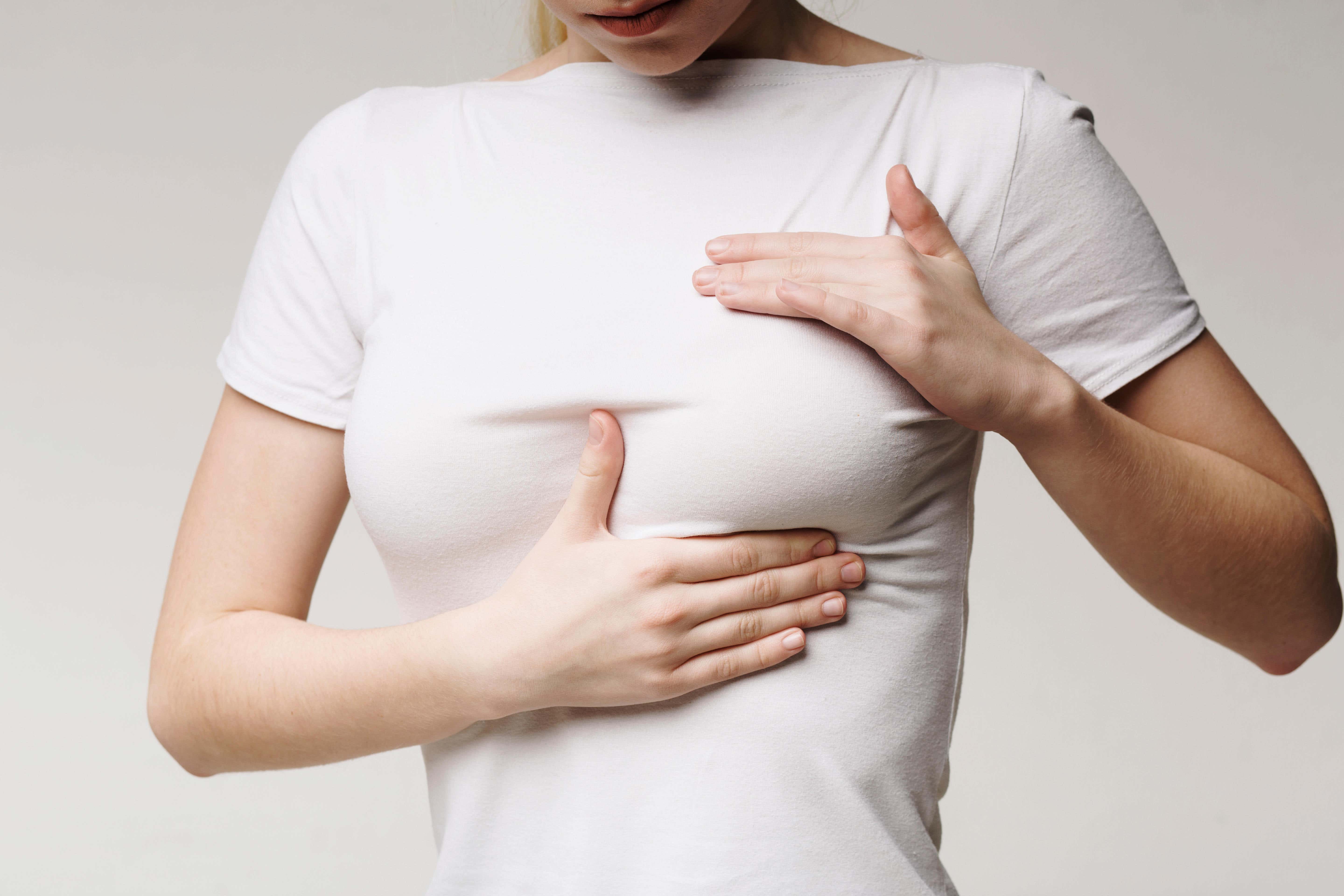‘Overlooked common protein’ could make breast cancer treatment radically more effective
‘Early-stage discoveries like this can help provide the building blocks for the breakthroughs of the future,’ says a Breast Cancer Now director

Your support helps us to tell the story
From reproductive rights to climate change to Big Tech, The Independent is on the ground when the story is developing. Whether it's investigating the financials of Elon Musk's pro-Trump PAC or producing our latest documentary, 'The A Word', which shines a light on the American women fighting for reproductive rights, we know how important it is to parse out the facts from the messaging.
At such a critical moment in US history, we need reporters on the ground. Your donation allows us to keep sending journalists to speak to both sides of the story.
The Independent is trusted by Americans across the entire political spectrum. And unlike many other quality news outlets, we choose not to lock Americans out of our reporting and analysis with paywalls. We believe quality journalism should be available to everyone, paid for by those who can afford it.
Your support makes all the difference.Breast cancer treatment could be radically more effective if a protein found in almost all human cells is targeted, new research has found.
A study, by Breast Cancer Now, marks the first time researchers have ever realised honing in on RAC1B, which is a variant of RAC1 protein, held the possibility of enhancing breast cancer treatment.
Findings, published in scientific journal Oncogene on Thursday, saw scientists transplant breast cancer cells into mice and discover the cancer cells without RAC1B had no observable tumours after 100 days had passed.
The study, which also analysed clinical data, found patients with breast cancer treated with doxorubicin chemotherapy had worse results if their tumours had higher quantities of RAC1B.
Dr Simon Vincent, of Breast Cancer Now, said it was “exciting that a variant of a previously overlooked common protein could hold the key to transforming the way we treat breast cancer”.
He added: “Early-stage discoveries like this can help provide the building blocks for the breakthroughs of the future, leading to new and effective treatments for the 55,000 women and 370 men who are diagnosed with breast cancer in the UK every year.”
Breast cancer is the most prevalent type of cancer in the UK and the disease claims around 11,500 women’s lives every year.
Dr Ahmet Ucar, who is the Breast Cancer Now research fellow at the University of Manchester, said: “Developing cancer stem cell treatments to target tumours at their root has been a research aim for more than 20 years, but until now has proven elusive.
“For the first time, our research has shown that without RAC1B, breast cancer stem cells can’t form tumours and become more vulnerable to chemotherapy, making the treatment even more effective.
“Positively RAC1B isn’t needed for healthy cells so targeting RAC1B with new cancer treatments is unlikely to have severe side effects.”
He said they are hopeful additional research “will help translate these findings into targeted therapies for breast cancer patients.”
Breast Cancer Now calls for women to examine their breasts for cancer at least every six weeks as getting an early diagnosis can stop women dying from the illness. The charity notes those who need help can speak to their expert nurses by calling their free helpline on 0808 800 6000.
One in seven women in Britain will develop breast cancer at one point in their life – with one woman diagnosed every 10 minutes.



Join our commenting forum
Join thought-provoking conversations, follow other Independent readers and see their replies
Comments